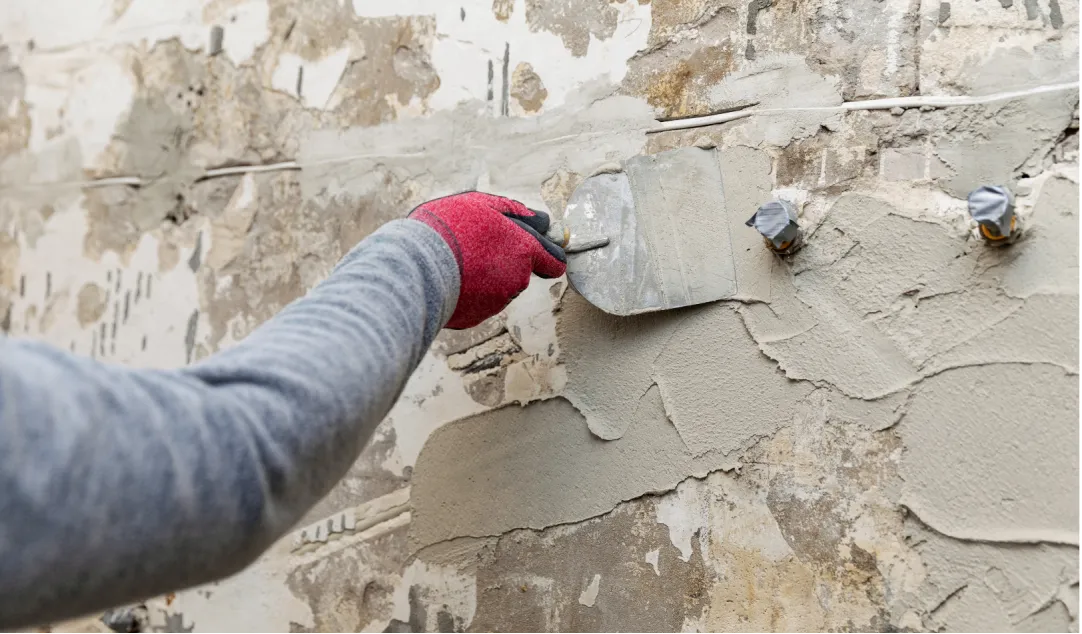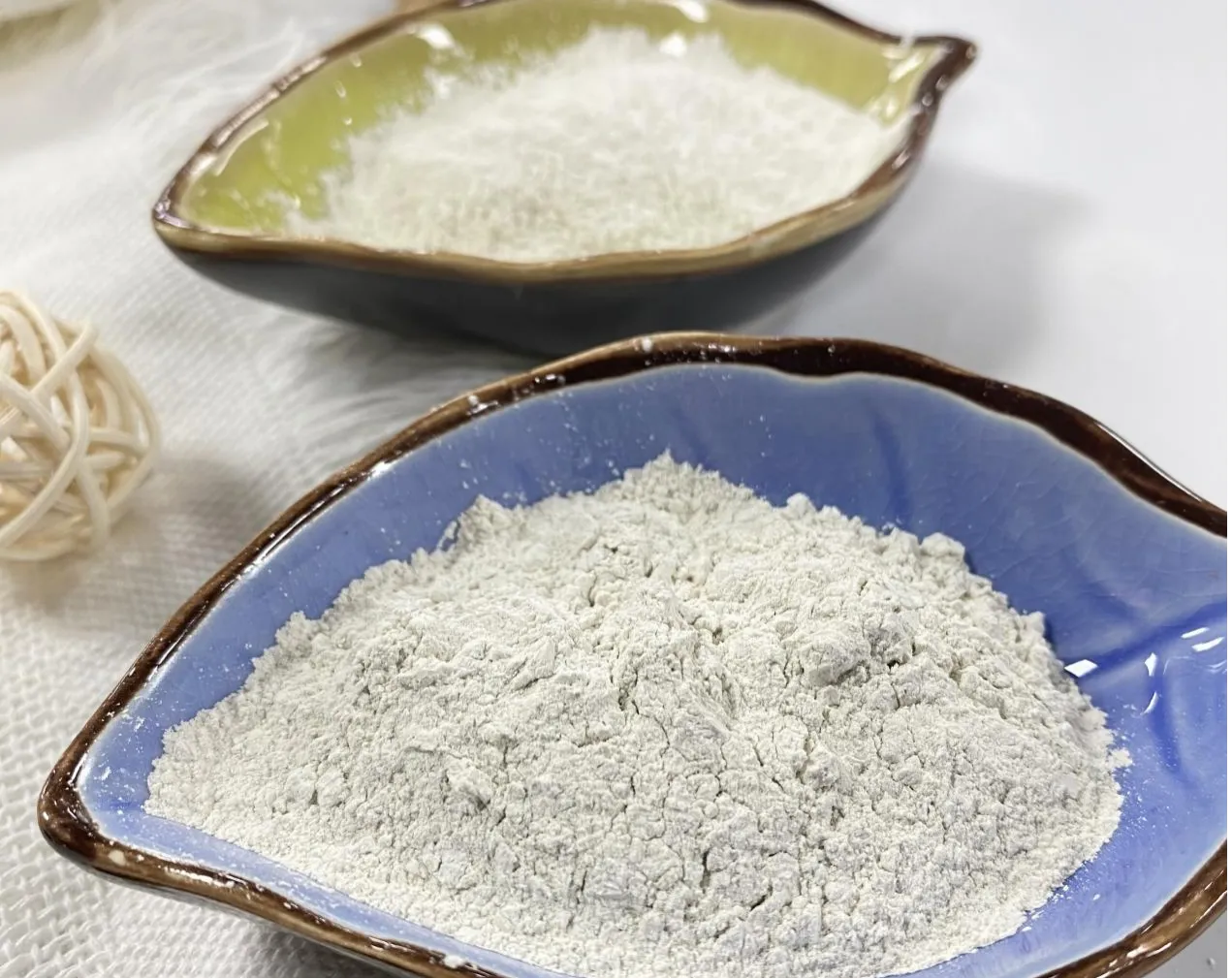
Essential Additives for Plastering and Construction
Gypsum Retarders and Additives: Balancing Set Times for Every Project
Gypsum is a key ingredient in construction materials like plaster, drywall, and joint compounds. Its quick-setting nature makes it ideal for fast-track projects. However, there are times when controlling the setting speed is critical. That’s where gypsum retarders and gypsum plaster accelerators come in, giving builders the flexibility to slow down or speed up the hardening process.

What Are Gypsum Additives?
Gypsum additives are chemical compounds mixed into gypsum products to modify their physical properties. These include:
Retarders in gypsum products to slow down setting time.
Accelerators to speed up hardening.
Other additives to improve fire resistance, workability, or strength.

What Is a Gypsum Retarder?
A gypsum retarder delays the setting of gypsum plaster, giving workers more time to apply and finish surfaces before the material hardens. Examples include cream of tartar plaster retarder, extratime plaster retarder, and USG plaster retarder.
For professionals who need extra working time for detailed applications, products like plastering retarder and aditivo para yeso de tiempo extra are indispensable.
Applications of Retarders and Accelerators in Gypsum-Based Materials
Retarders in Gypsum Products
Retarders are essential in:
Plastering large areas: Products like extratime plaster retarder and USG gypsum plaster retarder give workers more time to create smooth, seamless finishes.
Decorative molding and casting: Intricate designs require longer working times to avoid cracks and imperfections.
Drywall production: Most common retarder in gypsum board manufacturing helps maintain consistency during large-scale production.
Builders often ask: Gypsum is retarder or accelerator? The answer depends on the additive. Gypsum itself is neutral, but when combined with retarders, it slows setting; with accelerators, it speeds up hardening.
Accelerators for Quick Drying
On the other hand, gypsum plaster accelerator is used when faster setting times are needed. Accelerators are perfect for:
Fast repairs where minimal downtime is required.
Cold weather applications, where natural setting times slow down.
Choosing the Right Gypsum Additive for Your Project
Plastering Retarder Options
For professionals and DIY users, selecting the right plastering retarder can make all the difference in achieving a smooth finish. Popular choices include:
Cream of tartar plaster retarder: A natural option for slowing down setting times.
USG plaster retarder: A trusted brand offering consistent results.
Extra time plaster additive: Designed for extended workability on complex or large projects.
Accelerators for Speed and Efficiency
When time is critical, gypsum plaster accelerators ensure rapid setting without compromising on strength or finish quality.
FAQs About Gypsum Retarders and Accelerators
What is a gypsum retarder, and why is it important?
A gypsum retarderis an additive used to delay the setting of gypsum plaster and drywall compounds. It provides more time for application, especially in large areas or detailed work.
What is the most common retarder in gypsum products?
The most common retarder in gypsumis cream of tartar, a natural compound that effectively slows down the hardening process.
What is the difference between a gypsum retarder and a gypsum plaster accelerator?
A gypsum retarderslows down the setting time, while a gypsum plaster accelerator speeds it up for faster project completion.
When should I use a plastering retarder like USG plaster retarder?
Use a plastering retarderwhen working on large surfaces, intricate designs, or in hot climates where plaster may harden too quickly. USG plaster retarder is ideal for professional-grade results.
Is gypsum a retarder or accelerator?
Gypsum itself is neither—it acts as a base material. With additives, gypsum can function as either a retarderor an accelerator depending on the specific product formulation.
Mastering Set Times with Gypsum Additives
Gypsum’s adaptability lies in its ability to work as either a fast-set material or a slow-set plaster, depending on the additive. Whether you’re using a gypsum retarder for extra workability or a gypsum plaster accelerator for quick-setting applications, understanding these products ensures success in plastering, molding, and drywall installation.
By selecting the right gypsum additives, professionals can avoid common issues like cracks, cold joints, and uneven finishes.
-
Hydroxypropyl Starch as a Sustainable Construction AdditiveNewsNov.24,2025
-
The Gelation Properties of CMCNewsNov.21,2025
-
Redispersible Latex Powder and Water Retention CapacityNewsNov.21,2025
-
Dosage Control for Polycarboxylate Water ReducerNewsNov.21,2025
-
Film-Forming Properties of Polyvinyl AlcoholNewsNov.21,2025
-
The Function of Gypsum Additives in MortarNewsNov.21,2025





















